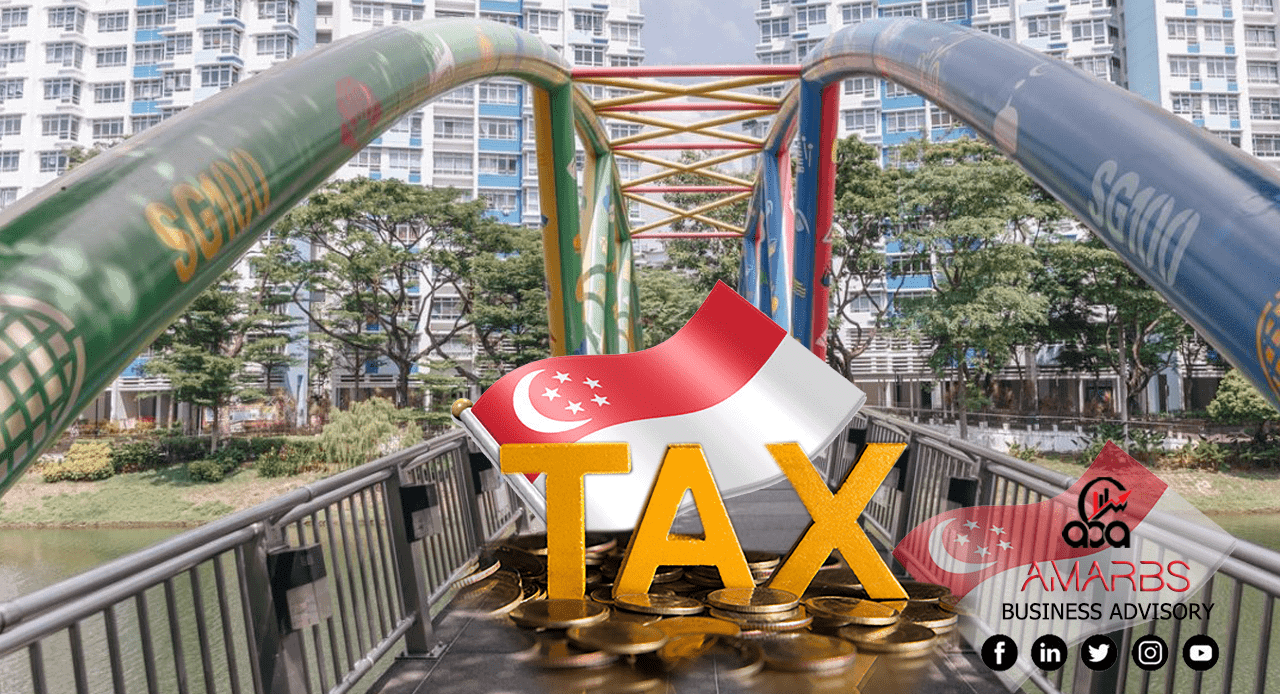Digital Service Tax In Singapore
Singapore has implemented Digital Services Tax (DST) on certain digital services provided by non-resident companies. GST, also known as value-added tax (VAT), is a consumption tax imposed on goods and services in Singapore regardless if they are acquired from domestic or overseas suppliers. The current GST rate is seven (7) percent. Starting January 1, 2020, foreign digital service providers have to register and be charged for goods and services tax (GST) under Singapore’s Overseas Vendor Registration (OVR) regime. Previously, only services procured from local businesses were subject to GST.
To be subject to the DST, a non-resident company must meet specific annual revenue thresholds derived from the provision of digital services to Singapore residents. The specific revenue thresholds may vary, and you should refer to official sources for the most recent information. Businesses will need to have a yearly global turnover of more than S$1 million (US$738,000) and sell more than S$100,000 (US$73,800) to be obligated to pay the seven(7) percent GST rate.
The GST that is charged on customers is known as ‘output tax’, and the GST that is incurred on business purchases and expenses, which includes the import of goods, is known as the ‘input tax’. The difference between the output and input tax is the net GST payable to the government. The digital services subject includes:
- Downloadable mobile applications, e-books, and movies;
- Subscriptions to TV shows, music, and online gaming; and
- Downloadable drivers, software, and firewalls.
The Singapore government has proposed a plan to raise the GST rate to nine percent over the period from 2021 to 2025. The primary reason for this proposed increase is to secure funding for upcoming infrastructure projects and to enhance social welfare spending.


